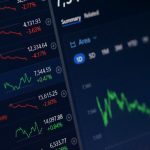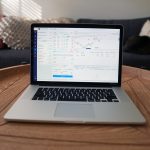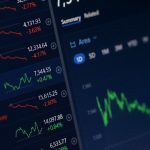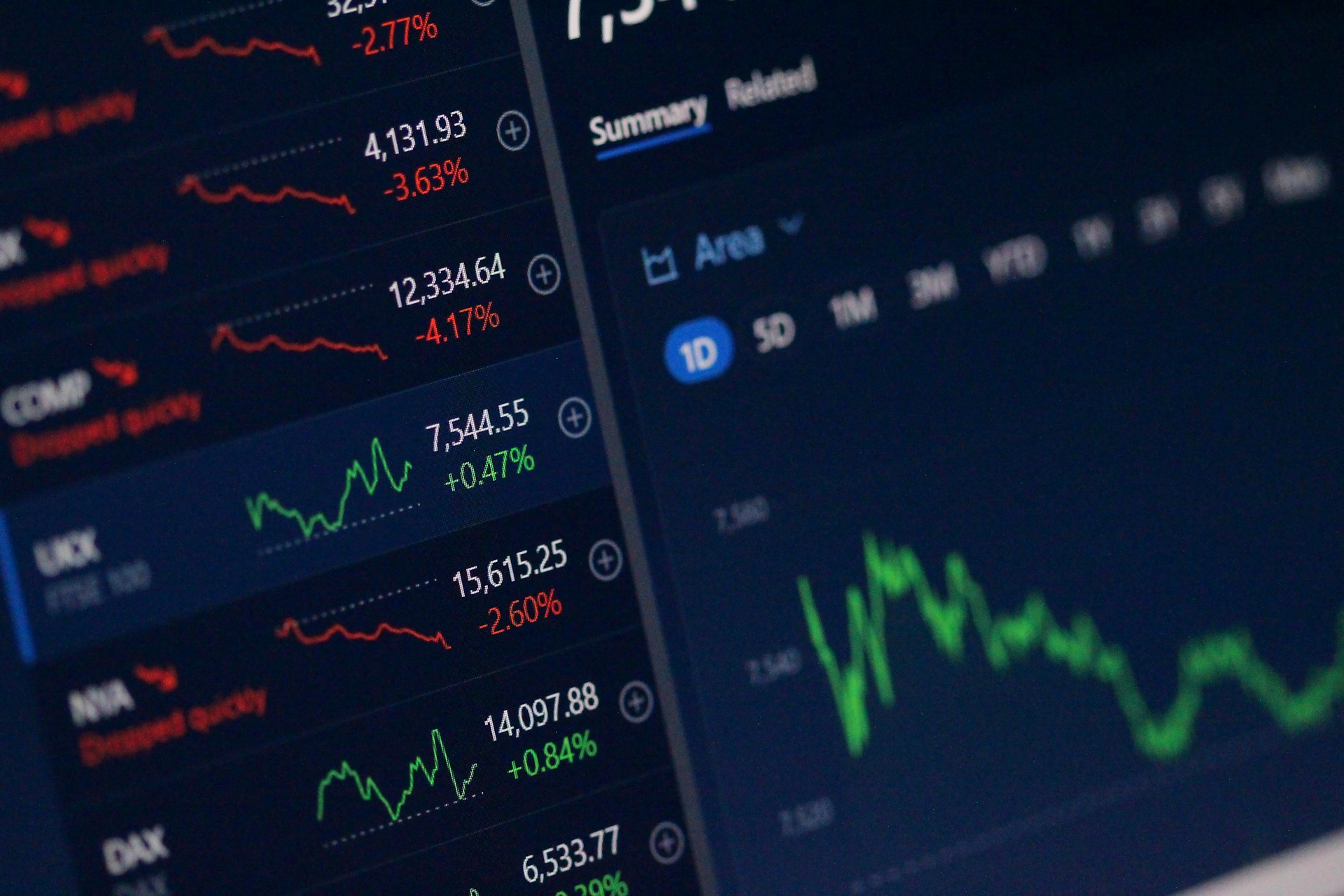The German stock market remained largely stagnant throughout most of the session but saw a late rally that pushed key indices into positive territory. The DAX reversed earlier minor losses and ended the day with a solid gain. Investor sentiment remained cautious amid ongoing concerns about international trade tensions, particularly due to U.S. President Donald Trump’s aggressive tariff stance, which continues to fuel fears about the global economic outlook.
The DAX closed up 0.7%, finishing the Xetra trading session at 24,092 points. Meanwhile, the EuroStoxx 50 rose 0.3%, closing at 5,372 points. In currency markets, the euro was trading at $1.1375 against the U.S. dollar by the evening.
A major driver of market movement was the surprising dip in inflation. In May, Germany’s inflation rate fell more sharply than expected to 1.9%, slipping just below the European Central Bank’s (ECB) 2.0% target. The core inflation rate—which excludes volatile food and energy prices—eased to 2.3%, bringing it closer to the ECB’s goal.
“With expectations firmly set on a rate cut at the ECB meeting this Thursday, market positioning is already reflecting that,” said a Frankfurt-based trader. She added that the broader outlook for further monetary easing is now gaining traction.
Defensive sectors, typically less sensitive to economic cycles and more responsive to interest rate changes, benefited the most from the current environment. Within the DAX, shares of residential real estate company Vonovia climbed 1.9%, while Deutsche Telekom advanced 0.9%.
The overall market tone suggests investors are balancing optimism over potential monetary support with caution about escalating trade conflicts. Despite the muted activity earlier in the session, the late uptick indicates that investors are still finding pockets of opportunity amid global uncertainty.
 TransDigm Group Eyes Acquisitions and Debt Offering Ahead of Quarterly Earnings
TransDigm Group Eyes Acquisitions and Debt Offering Ahead of Quarterly Earnings  Telefónica Slims Down Latin American Footprint with Hiberus Deal
Telefónica Slims Down Latin American Footprint with Hiberus Deal  Resilience in Large-Cap Growth and Structured Credit
Resilience in Large-Cap Growth and Structured Credit  Taqa Enters Spanish Market with $1.2 Billion Acquisition of GS Inima
Taqa Enters Spanish Market with $1.2 Billion Acquisition of GS Inima  Rheinmetall Stock Holds Steady Amid Moderate DAX Movement
Rheinmetall Stock Holds Steady Amid Moderate DAX Movement  Which Smartphone Batteries Last the Longest? New EU Data Highlights Big Differences—Especially for Samsung
Which Smartphone Batteries Last the Longest? New EU Data Highlights Big Differences—Especially for Samsung  U.S. Stock Markets Edge Higher Ahead of Fed Interest Rate Decision
U.S. Stock Markets Edge Higher Ahead of Fed Interest Rate Decision  Cambium Networks: Delivering Wireless Solutions for a Connected World
Cambium Networks: Delivering Wireless Solutions for a Connected World  DAX Closes Strong Above 24,000 as Markets Shake Off Trade Worries
DAX Closes Strong Above 24,000 as Markets Shake Off Trade Worries 